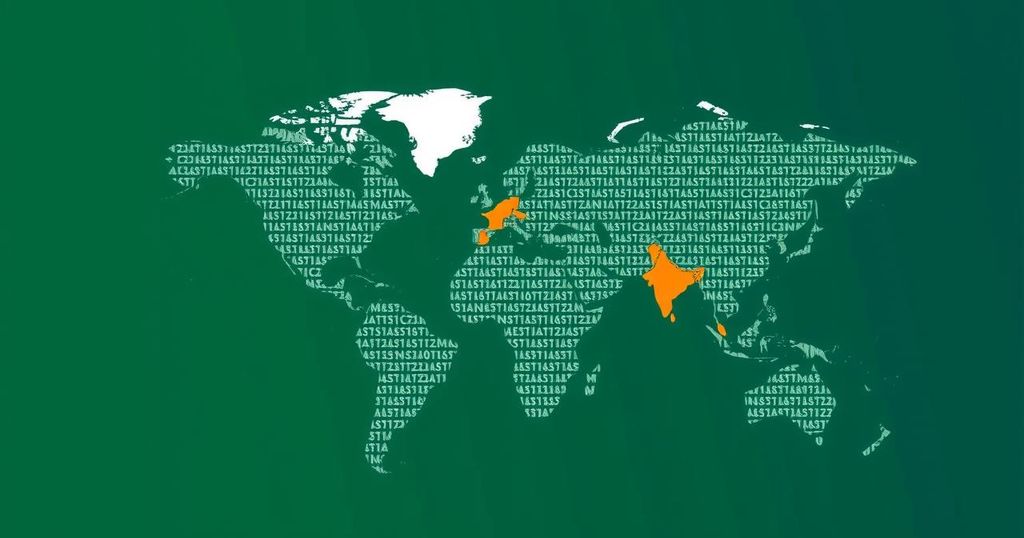India has rejected the $300 billion climate finance package proposed for the Global South, citing it as insufficient and too far in the future. The package does not meet the $1.3 trillion demand, according to Indian officials. The proposal also raises concerns regarding the inclusivity of the negotiation process and undermines trust among developing nations. Other countries, including Nigeria, echoed India’s sentiments regarding the inadequacy of the proposal, emphasizing the need for genuine commitment from developed nations.
India has firmly rejected the proposed $300 billion annual climate finance package intended for the Global South by 2035, deeming it “too little and too distant.” Chandni Raina, an Adviser from the Department of Economic Affairs, articulated India’s disappointment at the UN climate conference, asserting that the offered amount is significantly less than the $1.3 trillion the Global South has sought amid ongoing climate negotiations.
Raina expressed discontent regarding the process leading up to the package’s adoption, stating that India was not given the opportunity to convey its concerns prior to the decision, which eroded trust in the negotiation framework. She criticized the package for not adequately addressing the priorities of developing nations, stating it contradicts the principles of Common but Differentiated Responsibilities (CBDR) and equity.
The Indian negotiator emphasized that the inadequate financial support would hinder developing nations in their fight against climate change, especially as they bear the brunt of its effects and are pressured to transition towards low-carbon economies at the cost of their growth. This was echoed by Nigeria, which referred to the package as a “joke,” with similar sentiments shared by Malawi and Bolivia.
Raina further articulated that developing countries face unilateral obstacles such as the Carbon Border Adjustment Mechanism, imposed by developed nations, which complicate their transition efforts. She affirmed that India cannot accept the proposed New Collective Quantified Goal (NCQG) as it stands. This initiative is a replacement for the older $100 billion commitment made in 2009 but falls drastically short in expectations for the future, as outlined in a document that seeks to mobilize resources from various sectors without placing the accountability solely on developed nations.
The ongoing climate negotiations have highlighted the persistent disparity between the financial commitments made by developed nations and the needs of developing countries. The Global South, which has consistently sought greater support to combat climate change, has articulated demands that reflect the financial requirements estimated at $1.3 trillion annually. This discrepancy underscores the broader debate about global responsibility and resource allocation essential for adaptive measures against climate change impacts.
In conclusion, India’s rejection of the $300 billion climate finance package represents a significant stand against what it perceives as inadequate support for developing countries in the face of climate emergencies. The assertion made by Indian officials reflects a broader sentiment among Global South nations advocating for equitable financial arrangements that match the severity of the climate crisis they face. The involvement of other nations like Nigeria reinforces the need for a collaborative approach that genuinely addresses climate finance disparities.
Original Source: swarajyamag.com






